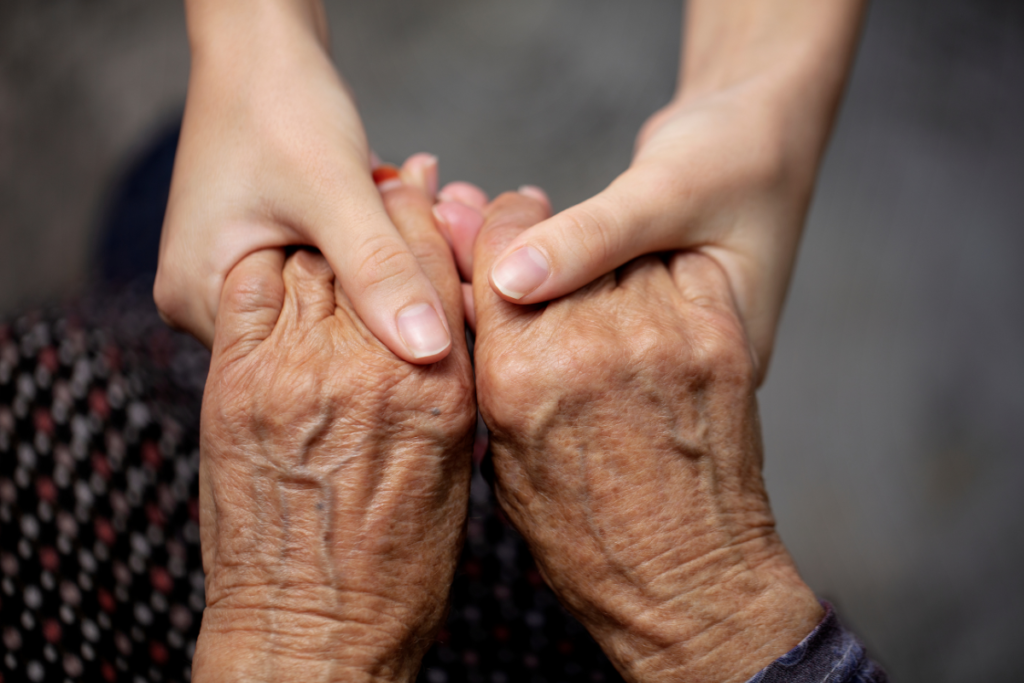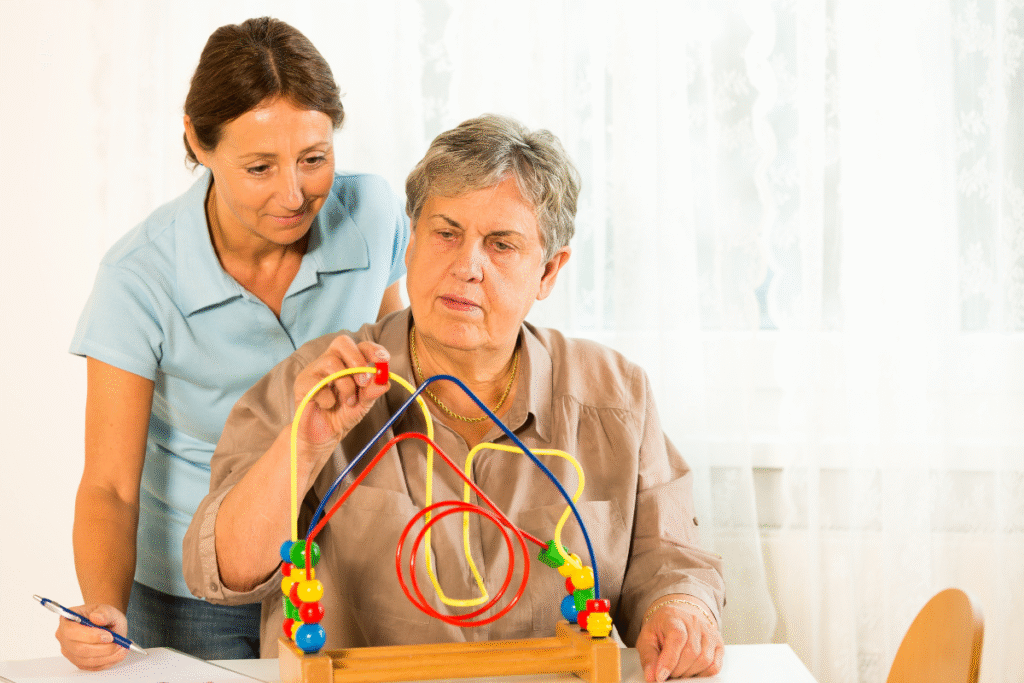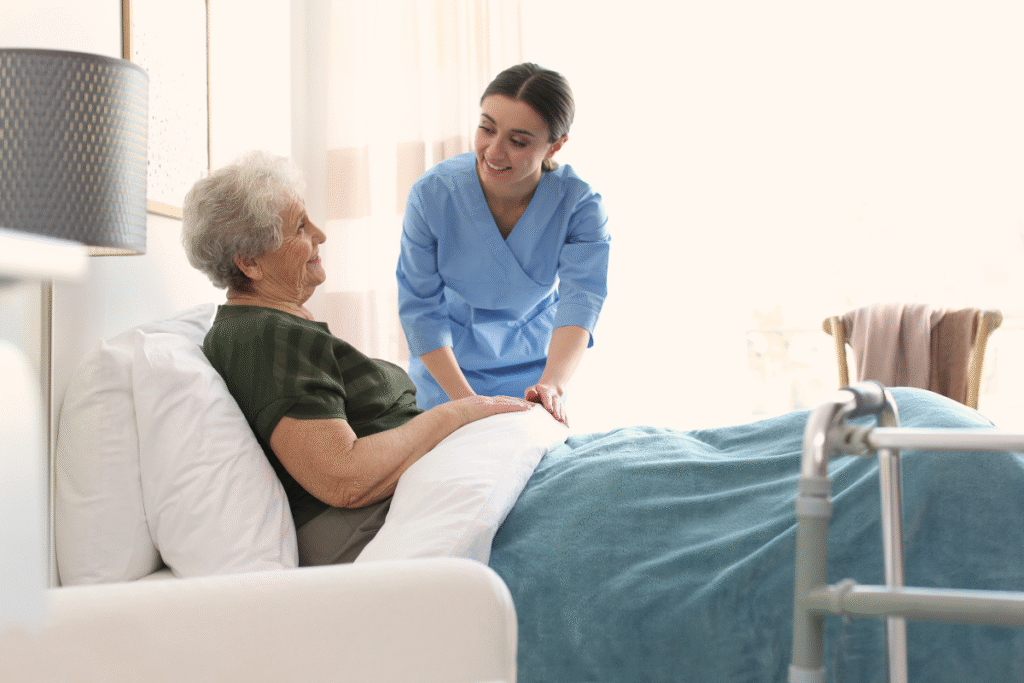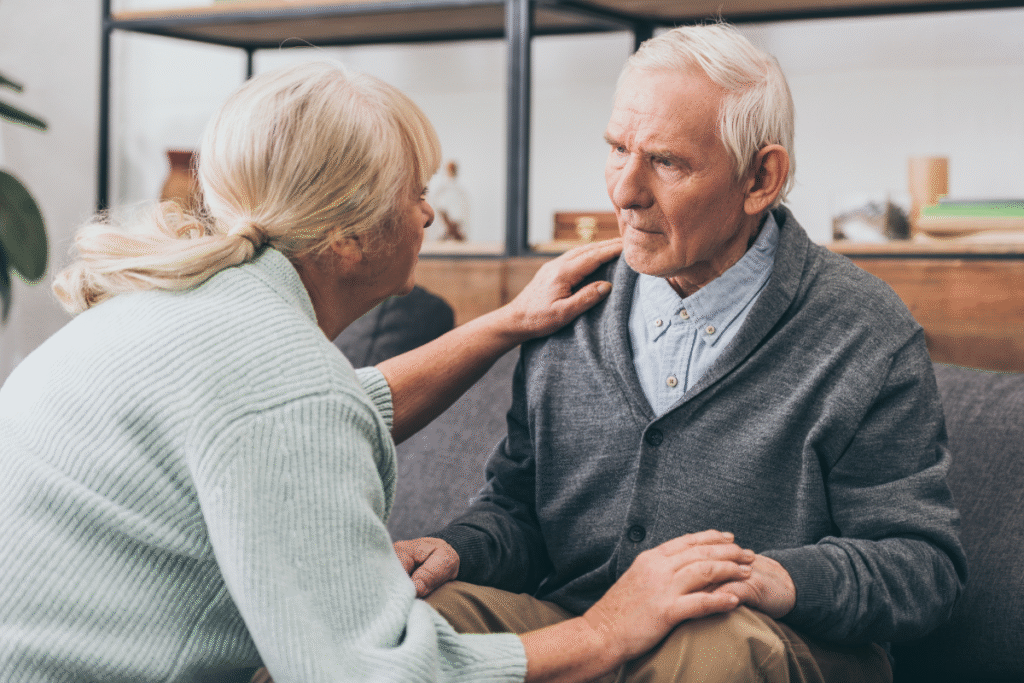Navigating End-of-Life Care at Home: What Families Should Know
End-of-Life Care at Home is a deeply personal choice for families who want their loved one to remain in familiar surroundings during the final stage of life. While the idea of providing care at home can feel overwhelming, many families find comfort in knowing that compassionate, professional support is available to help manage symptoms, coordinate medical care, and honor a dying person’s wishes. Whether your loved one is living with a serious illness, approaching the end of their life, or facing complex medical decisions, understanding end-of-life home care options can ease uncertainty. From palliative care at home to hospice care at home, families do not have to navigate this journey alone. With the right care team, clear communication, and thoughtful planning, care can be provided in a way that prioritizes comfort, dignity, and peace. This guide explains what families should know about end-of-life care at home, including the differences between hospice vs home care, when palliative care makes sense, and how caregivers can get the support they need. Key Takeaways End-of-life care at home focuses on comfort, dignity, and honoring the dying person’s wishes. Palliative care at home can begin at any stage of a serious illness and may be provided alongside treatment. Hospice care at home is designed for people nearing the end of their life and emphasizes comfort care rather than cure. Families receive support from a coordinated care team, including nurses, aides, social workers, and spiritual support. Caregivers do not have to manage symptoms, medical care, or emotional stress alone. What End-of-Life Care at Home Really Means End-of-life care at home refers to a broad range of medical care, personal care, and emotional support provided in the comfort of a patient’s home. The goal is not to cure illness, but to improve quality of life by easing symptoms, reducing distress, and supporting both patients and families during this sensitive time. This type of care may include specialized medical care for people living with serious illness, nursing care to manage pain and symptoms at home, assistance with daily activities such as bathing or mobility, and emotional or spiritual support. Care is often coordinated by a dedicated care provider or care team that works closely with the patient’s primary care doctor. A common misconception is that choosing end-of-life home care means families must provide all care themselves. In reality, care can be provided by trained health care professionals who help coordinate medical care, educate caregivers, and ensure the patient receives comfort care aligned with their values. Another misunderstanding is that hospice or palliative care means “giving up.” In truth, palliative care is available at any stage of illness and focuses on relief from symptoms, pain, and stress. Hospice care at home builds on this approach when someone is nearing the end of their life, ensuring that care and comfort remain the top priorities. Hospice vs Home Care vs Palliative Care at Home: Understanding the Differences One of the most confusing parts of planning end-of-life care at home is understanding the differences between hospice vs home care and where palliative care at home fits in. While these services can overlap, each type of care serves a distinct purpose depending on a person’s medical condition, goals, and stage of illness. Home Health Care Home health care typically focuses on skilled medical care delivered at home for people recovering from illness or managing chronic conditions. This type of care may include nursing care, physical therapy, medication management, and wound care. Home health services are often short-term and designed to help patients regain function or stabilize a medical condition. While home health care can support someone living with a serious illness, it is not always designed to address the complex comfort and emotional needs of someone approaching the end of their life. Palliative Care at Home Palliative care at home provides specialized medical care for people living with a serious illness, regardless of life expectancy. Its primary focus is relief from symptoms such as pain, shortness of breath, fatigue, anxiety, or nausea. Palliative care services can be provided alongside curative or life-prolonging treatments, making it an option earlier in the disease process. A palliative care team often includes a palliative care specialist, nurses, social workers, and other health care professionals who coordinate care with the patient’s primary care doctor. Home-based palliative care helps patients and families navigate medical decisions, manage symptoms at home, and improve overall quality of life. Hospice Care at Home Hospice care at home is designed for people who are likely in the final months of life and have decided to focus on comfort rather than curative treatment. Hospice care can be provided wherever the patient lives, including their own home, and emphasizes care and comfort, emotional support, and dignity. A hospice team typically includes nurses, aides, hospice staff, social workers, chaplains, and a medical director. This team works together to manage symptoms, provide nursing care, and support both the dying person and their family. Hospice care can be provided around the clock, with on-call support available for urgent needs. Understanding hospice vs home care allows families to choose the type of care that best aligns with the patient’s goals and current needs. When to Consider Hospice Care at Home or Palliative Care Many families wait too long to ask about hospice care or palliative care services, often because they associate these options with “giving up.” In reality, early access to the right type of care can significantly improve comfort, symptom control, and emotional well-being for both patients and families. Palliative care at home may be appropriate at any point when someone is living with a serious illness and experiencing symptoms that affect daily life. This type of care helps manage pain, coordinate medical care, and support decisions about treatment options. Hospice care at home may be appropriate when a person is approaching the end of their life and treatment is no longer improving quality of life. Signs that it may be time to consider hospice include frequent hospitalizations,
Navigating End-of-Life Care at Home: What Families Should Know Read More »














